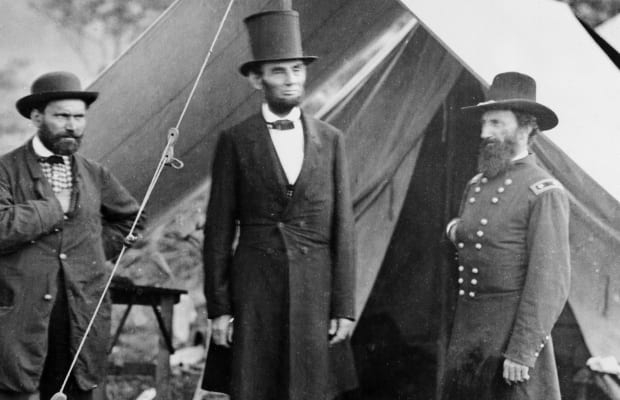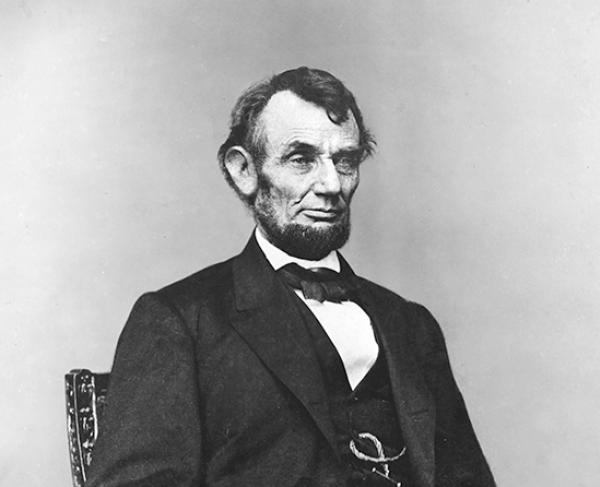Abraham Lincoln was the President of the United States during the Civil War
In Kentucky, Abraham Lincoln was raised in a log cabin. Before going into politics in the 1840s, he worked as a shopkeeper and a lawyer. Seven Southern states seceded shortly after his election as president in 1860, and four more states quickly followed, alarmed by his anti-slavery attitude. Lincoln promised to take all necessary steps to maintain the United States' unity as a single nation. The Civil War broke out in the spring of 1861 as a result of his refusal to acknowledge the southern states as a separate country.
Abraham Lincoln advocated for the export of emancipated slaves both before and during the Civil War. Thomas Jefferson, James Madison, Andrew Jackson, Henry Clay, a Lincoln hero, and even Harriet Beecher Stowe, whose characters in "Uncle Tom's Cabin" eventually relocated from the United States to Africa, had backed the colonization policy. Lincoln invited five black clergies to the White House in August 1862 and informed them that the war and slavery had shown that it would be "better for us both, then, to be separated." He even called for a constitutional amendment allowing Congress to finance colonization to transport emancipated black people to Central America. But well-known abolitionists like Frederick Douglass and William Lloyd Garrison found the idea repugnant. The policy was never adopted, and after signing the Emancipation Proclamation, Lincoln made no further mention of it in public.
Lincoln was killed on April 14, 1865, by a southern sympathizer and assassin named John Wilkes Booth. The next morning at 7:22 am, Abraham Lincoln passed away.














